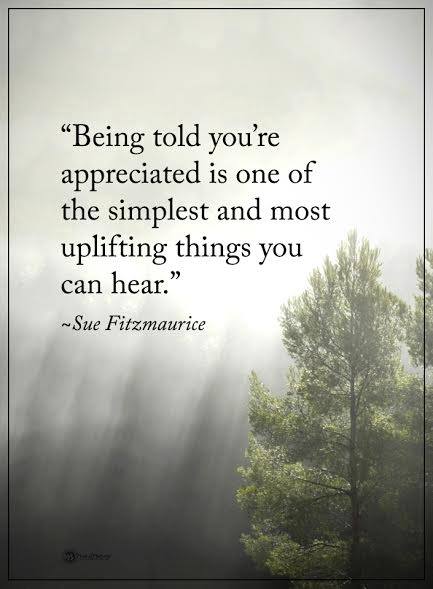“(The) most common research finding (is) that the first negative attribution people start marking when the relationship becomes less happy is “my partner is selfish” … They then start to see their partner’s momentary distance and irritability as a sign of a lasting negative trait. (In) happier relationships, people make lasting positive trait attributions, (and) tend to write off their partner’s momentary emotional distance and irritability as a temporary attribution, like “my partner is stressed.” – Dr. John M. Gottman: The Science of Trust: Emotional Attunement for Couples
Dr. John Gottman has been studying couples for over four decades. Many consider him the best relationship expert in the United States. Dr. Gottman’s methods for predicting relationship longevity or separation were around 94 percent accurate in one study published in the Journal of Family Psychology.
The couple and his wife, Dr. Julie Schwartz Gottman, developed the Gottman method to assist struggling couples. It is entirely appropriate, then, that we reference Dr. Gottman’s work about healthy relationship behaviors.
This article will discuss seven behaviors that help create (and maintain) healthy relationships. We’ll provide some insight via quotes by Dr. John Gottman while explaining clearly the ‘science’ behind healthy relationships!
Read on for Dr. Gottman’s seven research-based behaviors to create healthy relationships:
Behavior 1: “Enhance your love maps.”
Dr. Gottman adamantly states that “love is in the details.” Possessing “a richly detailed love map – my term for that part of your brain where you store all the relevant information about your partner;s life,” is Dr. Gottman’s cerebral way of describing the essentiality of intimacy.
In other words, you know pretty much everything about your partner – from their favorite movies to what royally ticks them off.
Behavior 2: “Nurture your fondness and admiration.”
Dr. Gottman utilizes an activity that some describe as “aww!” Actually, Dr. Gottman’s real name for this exercise is, “I appreciate.”
Each partner lists at least three (often more) qualities of the other, along with an example of a time when one displayed the quality. The couple then reads the list to each other. Gottman cites admiration and fondness as the two most essential behaviors in any relationship.
Behavior 3: “Turn toward each other instead of away.”
The difficulties we all face daily can negatively impact a relationship if we allow them. Dr. Gottman explains, “(Romance) is kept alive each time you let your spouse know he or she is valued during the grind of everyday life.”
When we take the time to explain what’s going on, e.g., if we’re running late, in a bad mood or had a rough day at the office, it’s less likely we’ll “transfer” these negative emotions onto our partner. Good communication builds upon the foundation of connection and passion so critical to a successful, intimate relationship.
Behavior 4: “Let your partner influence you.”
A healthy relationship involves teamwork and effective communication between one another. Each partner should treat the other as an equal when it comes to making decisions about all things, large and small. Honor and respect are vital elements that allow a relationship to flourish – a natural byproduct of both manifests as influence.
Behavior 5: “Solve your solvable problems.”
According to Dr. Gottman, two types of problems exist in a relationship: resolvable conflicts and incessant conflicts. For the sake of the partnership, couples need to recognize the nature of each other.
Gottman provides a relatively simple explanation of what can be a seemingly complex situation: “One way to identify solvable problems is that they seem less painful, gut-wrenching or intense than perpetual, gridlocked ones.”
Solvable problems are circumstantial, e.g., an overdue bill, work-related stress, etc. You can overcome circumstantial problems by brainstorming with your partner and developing a solution.
Behavior 6: “Overcome gridlock.”
“Gridlock is a sign that you have dreams for your life that aren’t being addressed or respected by the other,” Dr. Gottman explains, “The goal is to ‘declaw’ the issue, to try to remove the hurt so the problem stops being a source of grain pain.”
Individual aspirations do not cease simply because one is in a relationship. Gottman explains that supporting one another’s dreams is essential to continued intimacy. This isn’t to say the other partner should withhold their opinion – a constructive dialogue is just as important as the goal itself.
Behavior 7: “Create shared meaning.”
To create “shared meaning” is to generate a sort of relationship “culture,” to emotionally, mentally, and spiritually nourish the person sharing their life with you. Dr. Gottman states, “a culture rich with rituals, and an appreciation for our roles and goals that like you, that lead you to understand what it means to be a part of the family you have become.”














 Community
Community

